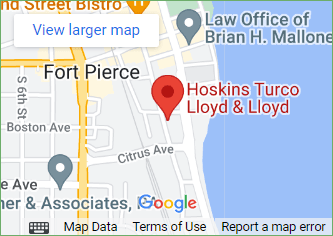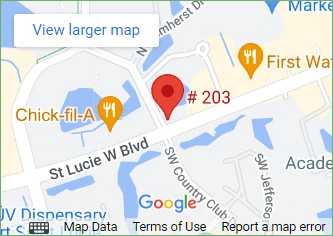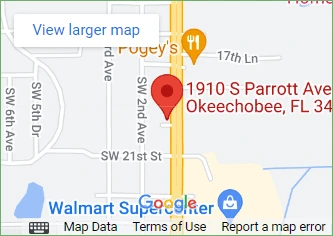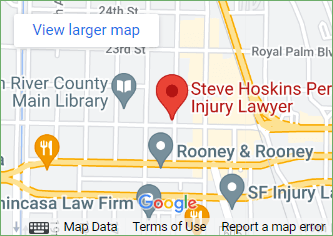Auto Accident Settlement
What Are Legal Damages?
First and foremost, the legal definition of damages is restitution to an aggrieved party in the form of monetary compensation. But in order to address the many aspects and implications of legal damages, we must pose a few questions:
- Are there different types of damages?
- How do I know if I’m eligible to receive damages?
- In what case is each type of damage awarded?
Below, the answers to these questions will be provided.
Types of Damages
A person is entitled to damages if there has been an infringement of a personal right. Those damages can come in the form of financial or punitive restitution, thereby creating three aptly named categories of damages: compensatory damages, general damages, and punitive damages.
Compensatory damages will result in financial restitution to the aggrieved party in order to retroactively correct for the harm inflicted. These damages can be interpreted and offered quite literally, in the form of restitution for billing for medical care, income missed from time off of work, and possessions lost or harmed, all as a direct result of the inciting incident.
General damages are often obtained alongside compensatory damages, but their definition is slightly more nebulous. These damages can be interpreted in the form of physical trauma, emotional trauma, prospective losses in the ability to earn income, or prospective medical bills. A judge will have to assess these factors and award damages in correspondence to the aggrieved party’s age, income bracket, station in life, and the physical and emotional gravity of the harm suffered.
Punitive damages will result in legal consequences for the offending party. These damages are the most challenging to secure because the legal burden that must be met by the plaintiff’s attorney is incredibly high. The total restitution awarded from punitive damages can be greater than both compensatory and general damages, but these cases are often appealed to higher courts in which the restitution is lowered.
Eligibility for Compensatory and General Damages
In order to determine eligibility for damages as a result of your suit, an attorney must make a case in court for the following items to be satisfied:
- The offending party had a duty to protect the aggrieved party or maintain a safe environment
- The offending party neglected to perform this duty
- As a result of the offending party’s negligence, the aggrieved party suffered an injury or loss
- As a result of the injuries or loss, the aggrieved party suffered financially
If all of the above is true, you are most likely eligible for both compensatory and general damages.
Eligibility for Punitive Damages
In some cases, you might be available for punitive damages as well. If the burden is met by evidence demonstrating that the offending party exhibited either “intentional misconduct” or “gross negligence.”
Intentional (or “willful”) misconduct means that the defendant was aware of the risks and consequences of their actions and deliberately proceeded with the course of action regardless. An example of intentional misconduct would be a purposeful decision to flout an employer’s rules, directly resulting in an injury or loss on the part of a third party.
Gross negligence means that the defendant exhibited a wanton disregard for the safety and well-being of others. An example of gross negligence would be a driver speeding in a dense urban area with unpredictable traffic patterns and heavy foot traffic.
In both of these cases, the defendant has individually demonstrated direct culpability for the ensuing injury or loss on the part of the plaintiff. If the fault of your case can be attributed directly to the plaintiff in a similar manner, you might be eligible for punitive damages.
Hire a Florida Personal Injury Attorney
In conclusion, in a civil case, damages refer to the cash you’re looking to recover from someone who has made you pay for something they did. If you’re able to prove that you have been injured and that the person or entity responsible for your injury was negligent, the court might just award you damages. These damages are generally awarded as a way to make up for your losses and protect you from further financial hardship. However, a settlement isn’t the same as being awarded actual damages.
There are many different factors that go into calculating what damages in a civil case. For instance, damages are typically measured in terms of the “potential” loss or damage. The party or entity sued is expected to cover their own costs, so the more damages there are, the less they can possibly pay for your medical bills, lost income, and so forth. In some cases, if the defendant suffered a major injury and is unable to work, this will also be taken into consideration.
An experienced Florida personal injury lawyer will know exactly how to answer any questions you have about what damages are in a case. Each case is different and requires a thorough examination of the facts to determine exactly how to proceed. Contact the personal injury lawyers at Hoskins, Turco, Lloyd & Lloyd today to discuss your case right over the phone or through a video conference. We can be reached online or by calling (866) 460-1990. Consultations are free and always confidential.
Verdicts and Settlements
$1.2 Million
$1.6 Million
Wrongful Death Settlement
$11.1 Million
Settlement for motorcycle accident
Locations
Ft. Pierce, FL 34950
Suite 203, Port St. Lucie, FL 34986
Okeechobee, FL 34974
Vero Beach, FL 32960
The hiring of a lawyer is an important decision that should not be based solely upon advertisements. Before you decide, ask us to send you free written information about our qualifications and experience.
We are a debt relief agency and attorneys. We help people file for Bankruptcy relief under the Bankruptcy Code. The hiring of a lawyer is an important decision that should not be based solely upon advertisements. Before you decide, ask us to send you free information about our qualifications and experience.
Hoskins, Turco, Lloyd & Lloyd © 2020 All Rights Reserved. Terms of Use and Privacy Policy
This site is protected by reCAPTCHA and the Google Privacy Policy and Terms of Service apply.





